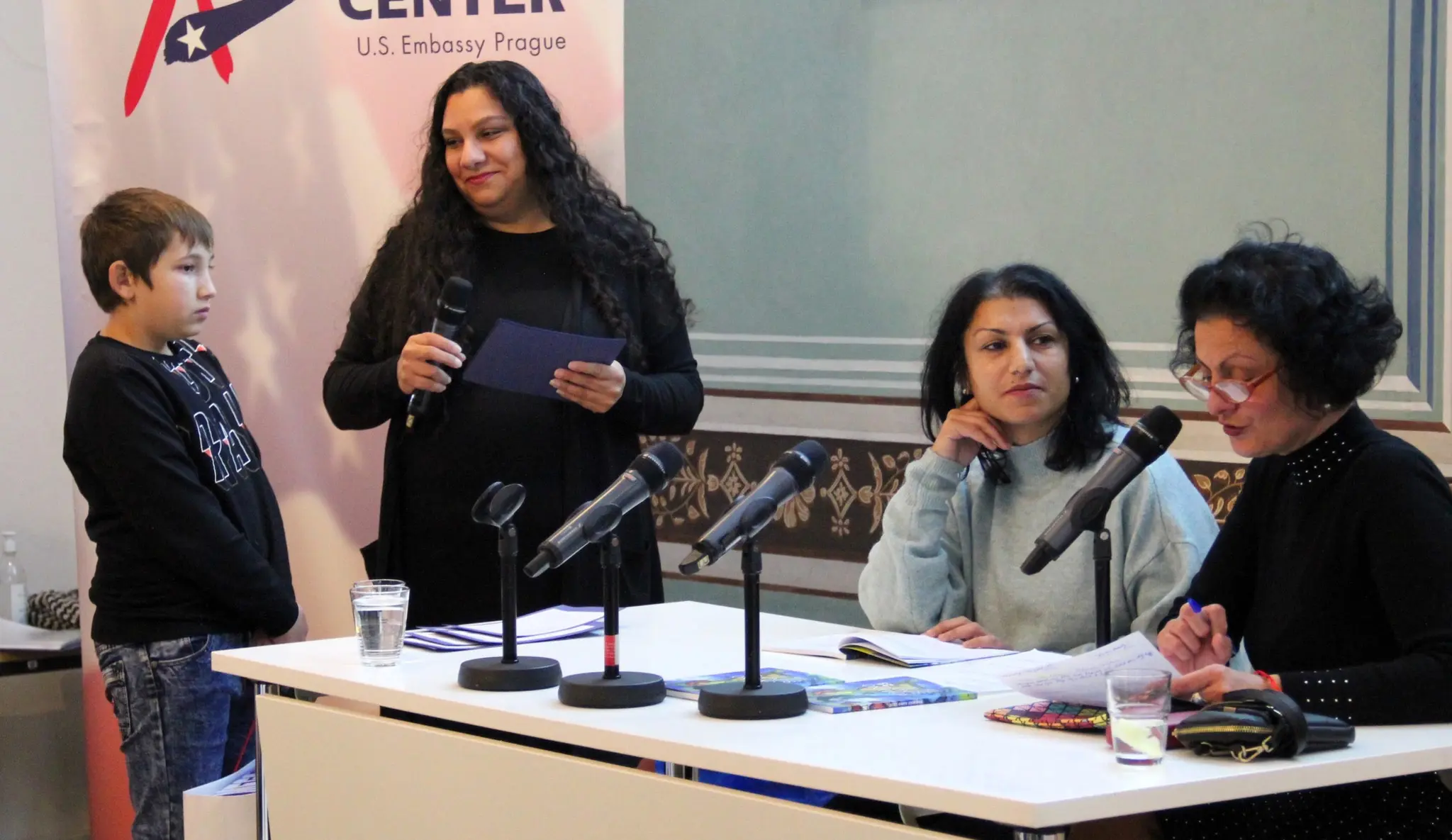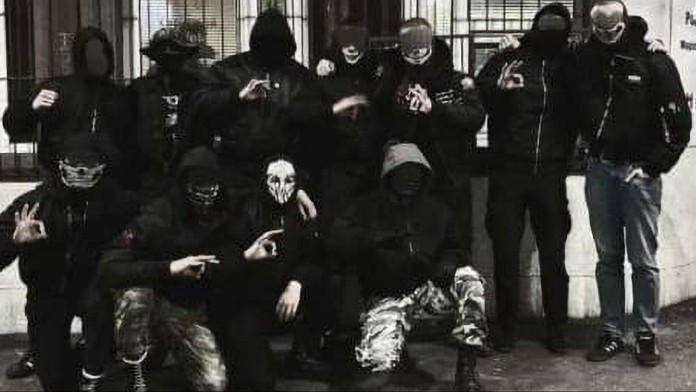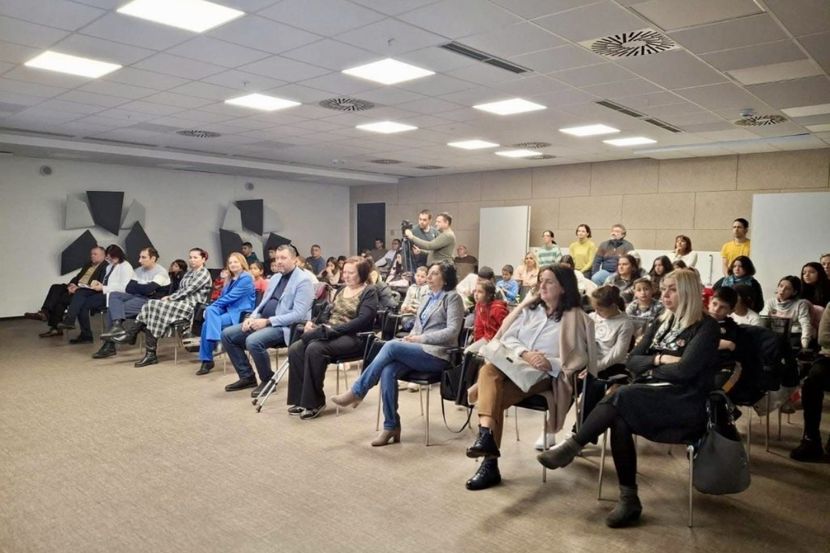The philanthropist George Soros commented in the Romanian weekly Dilema Veche about the situation of Rroma in Europe. He sees the members of this minority to be particularly affected by the economic crisis. The impact of the crisis is now added to the already existing exclusion and human rights violations. He further criticises the EU for failing to provide Member States with a counterbalance. The EU is not a community of equals among equals, but represents tthe power of lenders. Soros stated:
[The Rroma community] which was already the victim of human rights violations and social exclusion, is one of the worst affected by the economic crisis and the poverty it has engendered. This has been compounded by the growing hostility to the Roma among the majority of the population, which also has to contend with economic difficulties. Worse still, the situation is being exploited by populist politicians (Presseurop 2013).
Conka (2013) informs about the infamous Rroma settlement Luna IX in Slovakia, where several thousands Rroma live. Conka himself grew up in Luna IX, when it was still less segregated, as he says, and had regular contact with Slovak non-Rroma. His family then moved to Prague, Holland and later to London, where he still lives now. Conka sees many of the Eastern European Rroma losers of the fall of the Iron curtain who were excluded in the news economy and will. He says:
“What I remembered as my happy home has turned into an unrecognisable ghetto with no way out for those who live there, trapped by poverty and prejudice. Some blame the collapse of communism. Although lacking in freedom, communism was like a sticky glue that bound everyone together, and my mum and dad said they would never have left had it not collapsed, because everyone had jobs and decent housing, and there was better integration between Roma and ethnic Slovaks, who shared the same houses, schools and jobs. In the 1990s the local factories closed, and since recruitment methods for smaller employers were relaxed, old prejudices against Roma resurfaced and Romani inhabitants of Lunik IX found it much harder to get work than their Slavic neighbours.”
Conka further references the debate about Rroma immigrants from Eastern Europe in the UK. Conka criticises the politician Nigel Farage for his blatant misrepresentation of the Rroma. He represents Rroma as hordes of welfare cheats who would only come to the UK for assistance. Conka counters this view decisively and explains that many of the disadvantaged Rroma are rather coming in order to get a fair chance to live a decent life. If this was not possible in their country of origin, they will migrate because of the lack of perspective. This must be taken into account in this undifferentiated discussion.
In his short documentary “Lunik IX: A Short Documentary” he shows a sobering images of life on the edge of subsistence, a vicious circle of poverty (Conka 2012).
Sources:
- Conka, Artur (2013) What Is Life Really Like for Roma Families Around Europe? In: Huffington Post vom 14.5.2013.
- Conka, Artur (2012) Lunik IX: A Short Documentary. In: http://www.youtube.com/watch?v=YUFUkVivh_M (17.5.2013).
- Presseurop (2013) For George Soros, Roma are victims of the crisis. In: Presseurop online vom 6.5.2013.







